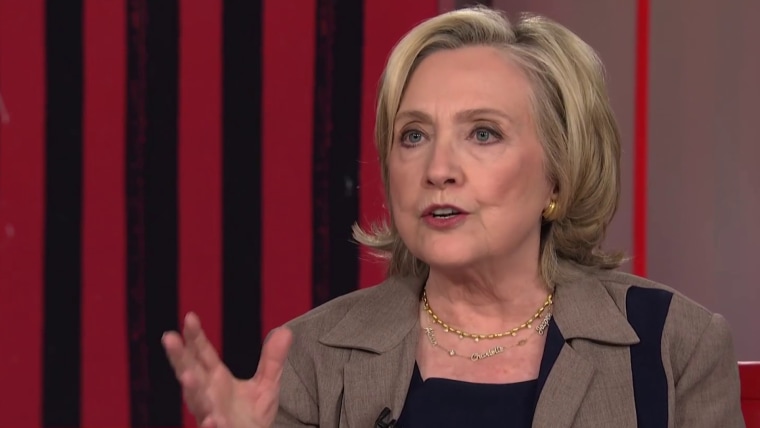Republicans are responding to Donald Trump’s fourth criminal indictment by effectively recycling the talking points they used in response to the former president’s first three indictments. The justice system has been “weaponized.” The White House has “politicized” law enforcement. The charges are an “abuse” and an “injustice.” We’ve become a “third-world country.” It’s all “election interference.” And so on.
Let’s make things plain. One of two things is true, either:
- There’s a vast conspiracy involving the White House, prosecutors, investigators, and grand jury members across multiple jurisdictions; or
- A scandal-plagued private citizen was indicted because of evidence of criminal wrongdoing.
Much of the Republican Party insists that the former, not the latter, is a credible explanation for recent developments. It’s an open question as to whether GOP officials genuinely believe the former, but at a minimum, the party expects the public to take the line seriously.
To date, Republicans have struggled to substantiate this explanation with any meaningful evidence, but to hear prominent GOP voices tell it, the four indictments are themselves proof of systemic wrongdoing.
The core problem with this argument is that it’s predicated on a deeply strange assumption: To take the line from Trump’s partisan defenders seriously, one must accept as a given that the former president has earned the benefit of the doubt. As the argument goes, this necessarily raises suspicions, not about him, but about those who’d dare to accuse this virtuous and honorable man of wrongdoing. How else could anyone explain these four indictments?
But is anyone genuinely surprised by the fact that Trump has been charged with dozens of felonies?
Before launching a political career, Trump was investigated “in every decade of his adult life by federal and state agencies, by bankers and casino regulators, by legions of prosecutors and competitors.” Indeed, revisiting our earlier coverage, long before he rose to political prominence, the Republican first made headlines when he and his father faced a Justice Department investigation for discriminatory housing policies.
More recently, Trump was found to have run a fraudulent charity and a fraudulent “university.” While in the White House, Trump faced a criminal investigation, was impeached twice, and routinely found himself at the center of corruption allegations and scandals.
Trump has surrounded himself with convicted criminals. His family business has been accused of a variety of crimes, including fraud. His campaign chairman went to prison. The CFO of his business went to prison. The New York Times uncovered evidence that Trump’s wealth was partly the result of “dubious tax schemes” and “outright fraud.”
Are these indictments surprising, or were they the inevitable outcome for a man who’s lived much of his life acting as if rules and limits are irrelevant?
Or as New York magazine’s Jon Chait summarized this week, “Maybe, just maybe, the reason Trump keeps getting indicted for crimes is not that the criminal justice system is in the grips of a vast liberal conspiracy but that he is, in fact, a criminal?”
The question isn’t why the former president has been indicted four times, it’s how he managed to go this long without having been indicted before.
This post updates our related earlier coverage.

